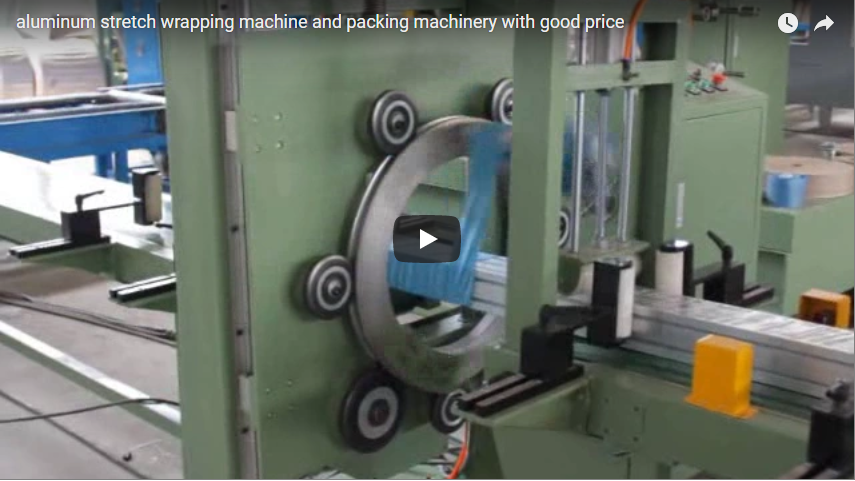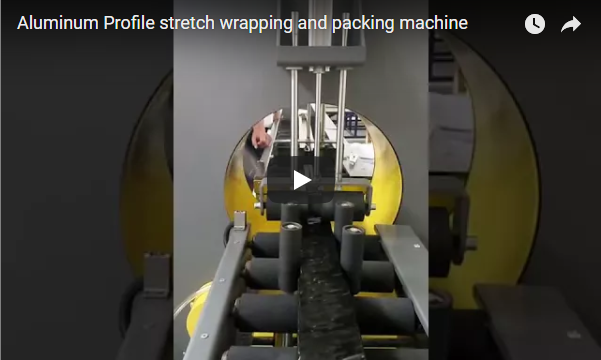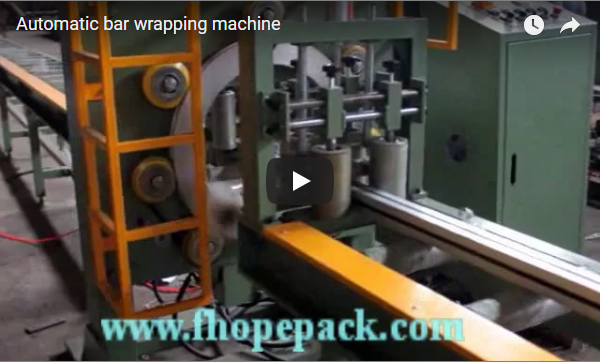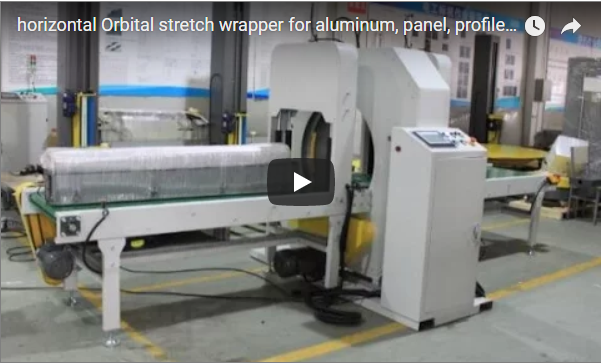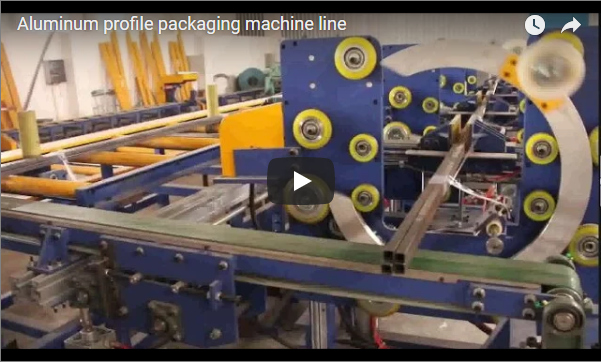Boosting Efficiency: A Fabricator's Look at the Automatic Bar Wrapping Machine (Flow Wrapper)
In today's fast-paced food, confectionery, and snack markets, efficiency, consistency, and product protection are paramount. Manual or semi-automated packaging processes can quickly become bottlenecks, hindering growth and impacting product quality. Enter the Automatic Bar Wrapping Machine, often a type of Horizontal Flow Wrapper (HFFS), a specialized piece of equipment designed to streamline the packaging of long, slender items. This technology is crucial for manufacturers aiming to scale production while maintaining high standards.
1. How it Works: The Core Mechanism
At its heart, an Automatic Bar Wrapping Machine performs a series of precise, synchronized operations. Products (like chocolate bars, cereal bars, or even non-food items of similar shape) are typically fed onto an infeed conveyor. Simultaneously, a roll of packaging film (like BOPP, CPP, or laminates) is unwound and fed into a forming box or collar. This crucial component shapes the flat film into a tube around the incoming product.
Longitudinal sealing jaws (often heated wheels) create a continuous seal along the bottom or top edge of the film tube. Then, rotating or reciprocating cross-sealing jaws perform two vital functions: they create the end seals of the package and cut the individual packs apart. The result is a neatly wrapped bar, securely sealed to protect it from moisture, contamination, and physical damage. Modern machines utilize sophisticated PLC (Programmable Logic Controller) systems with touch screen interfaces for precise control over speed, temperature, cut length, and other critical parameters, ensuring consistent quality even at high speeds.
2. Key Technical Specifications
Note: Specifications can be customized based on the specific model and application requirements. The parameters below represent a typical configuration. Please contact us for details specific to the model shown or your unique needs.
- Machine Type: Automatic Horizontal Flow Wrapper (HFFS) / Bar Wrapping Machine
- Film Compatibility: Heat-sealable films such as Cellophane, Polypropylene (CPP, BOPP), and various Laminated Films.
- Typical Bar Size Range:
- Length: 50mm - 200mm
- Width: 20mm - 60mm
- Height: 5mm - 30mm (Adjustable based on configuration)
- Wrapping Speed: Variable, capable of reaching up to 300 bars per minute (depending on product size, film type, and machine configuration).
- Sealing Technique: Precision Heat Seal (Longitudinal and Cross Seal Jaws).
- Control System: Industrial PLC with user-friendly Touch Screen Interface (HMI).
- Power Supply Requirements: Typically 220V, 50/60Hz, Single Phase (confirm voltage/phase for specific regions).
- Approximate Machine Dimensions:
- Length: ~3000mm
- Width: ~800mm
- Height: ~1500mm
- Operational Features: Often includes 'No Product, No Bag' function, automatic fault detection and diagnosis, adjustable forming box.
- Compliance: Designed and built to meet industry standards, often including CE certification and adherence to ISO 9001 quality management principles.
3. From the Shop Floor: A Fabricator's Perspective
Thinking about this machine from a fabricator's standpoint, the parallels are clear. Just like a precision CNC machine needs accurate programming and reliable operation to produce consistent parts, this wrapping machine delivers repeatable packaging quality at speeds manual processes simply can't match. It’s about throughput and minimizing human error.
In a fabrication shop, bottlenecks kill productivity. In a food production facility, slow or inconsistent packaging does the same. This automated solution tackles that head-on. The ability to quickly change settings for different bar sizes via the PLC is akin to loading a new program on a machine tool – it offers flexibility without sacrificing efficiency. Furthermore, the emphasis on reliable sealing is like ensuring a perfect weld or join; it guarantees the integrity of the final product. Investing in this type of automation isn't just about wrapping bars; it's about optimizing the entire production flow, reducing labor dependency for repetitive tasks, and ensuring the product reaches the customer exactly as intended.
4. Unpacking the Advantages: Why Automate?
Investing in an Automatic Bar Wrapping Machine offers significant operational benefits:
- Enhanced Speed & Throughput: Dramatically increases packaging rates (up to 300 bars/minute), essential for large-scale production.
- Consistent Quality & Seal Integrity: Automated control ensures every package is uniformly wrapped and securely sealed, protecting product freshness and extending shelf life. This reduces spoilage and enhances brand perception.
- Versatility: Handles a range of product sizes and shapes within its specified limits and is compatible with various heat-sealable films, allowing for diverse packaging aesthetics and barrier properties.
- Reduced Labor Costs: Automates a labor-intensive process, freeing up personnel for more complex tasks and reducing overall operational costs.
- Improved Hygiene: Minimizes manual handling of the product during wrapping, crucial for meeting food safety standards (e.g., HACCP, GMP).
- Material Efficiency: Precise film feeding and cutting minimize material waste compared to manual methods.
5. Application Spotlight: Confectionery Industry
This machine is a workhorse for candy and chocolate manufacturers. High-speed wrapping is critical for keeping pace with production lines churning out thousands of bars. The ability to create tight, attractive seals is vital for retail presentation and maintaining the delicate flavors and textures of chocolate. Consistent package appearance reinforces brand identity on crowded store shelves. The machine’s reliability ensures production targets are met, especially during peak seasons.
6. Application Spotlight: Health and Energy Bars
Producers of health, protein, and energy bars rely heavily on packaging that preserves nutritional integrity and prevents staleness. The airtight seals created by automatic wrappers are essential for protecting bars from moisture and oxygen, maintaining texture and efficacy. Furthermore, the machine's versatility allows manufacturers to use various film types, including recyclable or compostable options often preferred by health-conscious consumers. Rapid packaging ensures products get to market quickly while maintaining freshness.
7. Application Spotlight: Beyond Food - Promotional Items & More
The utility extends beyond edible products. Consider small hardware kits, promotional soap bars, or other similarly shaped items requiring individual wrapping for protection or retail display. The machine's adaptability makes it suitable for seasonal items or special promotions where high volume and consistent presentation are key. Custom-printed films can be easily integrated, enhancing brand visibility for these specific campaigns.
8. Selecting the Right Automatic Bar Wrapper
Choosing the ideal machine involves considering several factors:
- Product Dimensions: Ensure the machine's range accommodates all your current and anticipated bar sizes.
- Speed Requirements: Match the machine's output capacity to your production volume.
- Film Types: Verify compatibility with the specific packaging materials you intend to use.
- Integration: Consider how the wrapper will fit into your existing production line (e.g., feeding and discharge).
- Budget and ROI: Evaluate the initial investment against projected savings in labor, waste reduction, and increased throughput. Consulting with experienced suppliers like PMMI (Packaging Machinery Manufacturers Institute) members can provide valuable insights.
9. Final Thoughts
The Automatic Bar Wrapping Machine (Horizontal Flow Wrapper) is more than just a packaging device; it's a strategic asset for manufacturers seeking efficiency, quality, and scalability. By automating the wrapping process, companies can achieve higher production speeds, ensure consistent product protection, reduce operational costs, and maintain stringent hygiene standards. Whether you're in confectionery, health foods, or other industries requiring individual wrapping of bar-shaped items, this technology offers a robust solution to meet demanding market needs.
For specific configurations, customization options, or to discuss how this technology can integrate into your production line, feel free to reach out.
info@fhopepack.com

